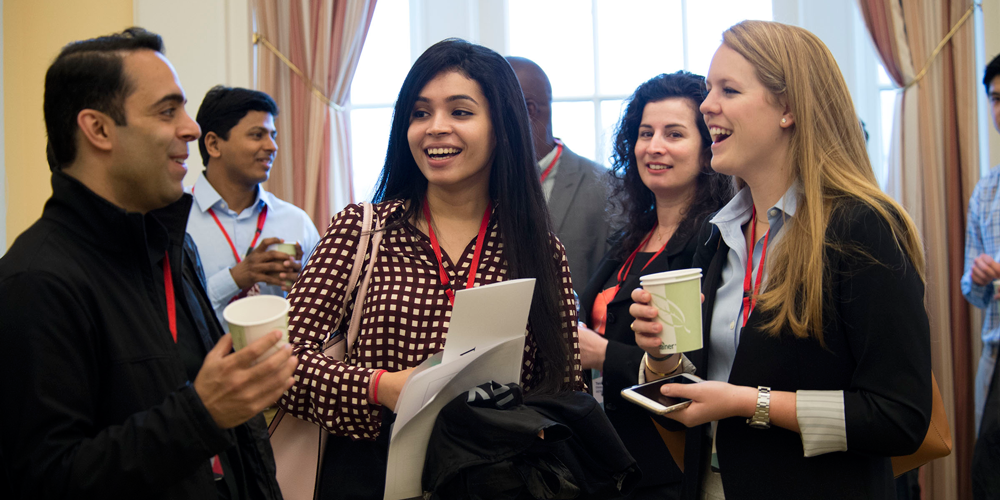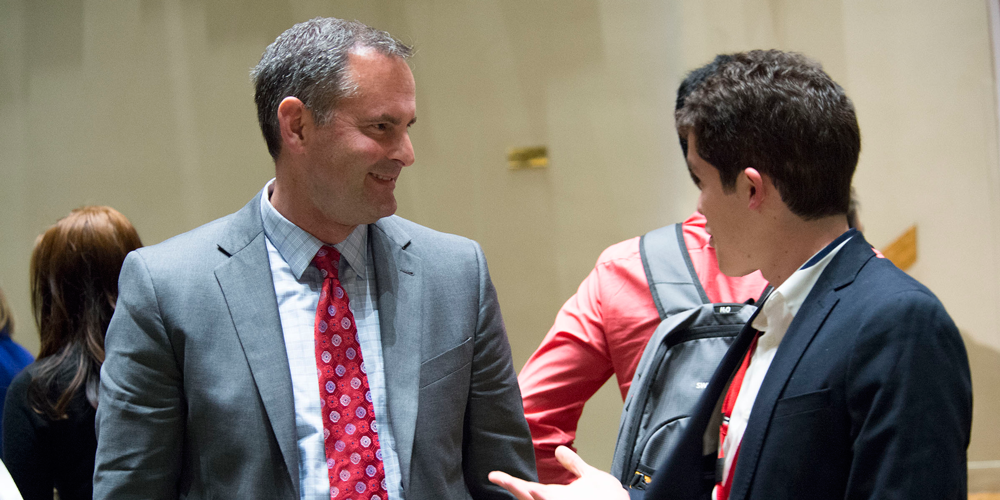
This post originally appeared on LinkedIn.
I hesitate to write this, but as a Texan living in Massachusetts and a much bigger fan of college football than pro football, I’m relatively agnostic about who wins the Super Bowl. I do root for the Patriots, but mostly out of loyalty to my friends who support them and the realization that the staff I manage will be much more productive the week after the big game if the Pats win.
I like to think that one advantage of my neutral feelings is that I’m able, more than my fellow Boston-area sports fanatics, to better consider the success of the team in a dispassionate way. That cool objectivity led me recently to a debate with a friend of mine centered on a question many have pondered before: is the Patriots' success because of their coach, Bill Belichick, or their quarterback, Tom Brady?
I took the position that the team’s success has much more to do with Tom Brady. One piece of data that supports this position: look at Belichick’s and Brady’s performance before they joined forces. From 1991 to 1995, as the head coach of the Cleveland Browns, Bill Belichick’s record was 37-45. Not good. Tom Brady’s record as a starting QB at the University of Michigan was 20-5. In short, Brady was successful before Belichick; Belichick was not before Brady. Even after getting to New England, Belichick started 5-13 in his first year-and-a-half with Drew Bledsoe at the quarterback position. His hand was only forced after Bledsoe was injured and Brady came in to begin a run he is still on, winning 11 of the remaining 14 games that season. (For a more detailed analysis, see this article that lays out the argument more fully and which I drew on extensively: Brady vs. Belichick). Brady stands out as the more important cog in the Patriots winning wheel.
Another piece of data to support the “it’s Brady” hypothesis comes from the story of Charlie Weis. Weis, the offensive coordinator at New England and the coach most connected to Brady on a day-to-day basis, became Notre Dame’s head coach in 2005 after several years under Belichick. At the time, Weis was considered an offensive genius and the most notable protégé of Belichick. But knowing the Belichick system and approach did nothing to help secure wins for Notre Dame (which, as an alum, was quite painful to me). Weis was fired after five years – turns out that coaching Brady makes you look good.
While all of this number-crunching and historical analysis is helpful, perhaps the most telling data point is the answer most Patriots fans would give to this question: would you rather, a week before the big game, be told that Tom Brady tore a ligament in his throwing arm while combing his movie-star hair and cannot play, or be told that Bill Belichick injured his hand cutting the sleeves off his sweatshirts, got an infection, and is in the hospital unable to coach during Super Bowl LI? I think that 95% of fans would rather have Brady in action than Belichick. Five percent would be lying.
But is it as simple as all that? While Brady is talented, it’s also true that he’s in a culture that makes the best use of that talent. Yes, he’s a part of creating that culture, but Belichick and owner Bob Kraft are probably the center of gravity when it comes to the norms and principles that guide the daily activities of the team. In this regard, a football team is no different than Southwest airlines: while the assets matter (players and planes), how you put the assets together and use them (coaching, managing) in a given context (culture) is what really drive success. You could buy a bunch of 737s, paint them orange and blue, serve peanuts, and do without assigned seats and probably be successful for a little while. You could also take Tom Brady, put him in a Cleveland Browns uniform, and let him yell “Omaha!” before every snap and still have some success … okay that might be a stretch. But the point is this: over the long term, if you don’t have the culture right, valuable assets whither on the vine or simply never realize their full potential. In fact, this is probably the more common outcome in sports franchises. We’ve all seen it … the right coach is hired. He has magnificent players to work with. He’s in a market where fans are hungry for a championship. But it just doesn’t work out.
Unfortunately, in business and in sports, culture is a longer-term thing. It takes a lot of work to create it and just as much to sustain it. Often, managers and coaches aren’t given as much time as they need. This is because many metrics (wins and sales, for example) are known in the here-and-now; they are updated on a regular basis and are infinitely more visible in the short-term than the more esoteric things that define lasting success.
One final point. Luck plays a huge role in success. Belichick was lucky to be hired at New England after a lackluster performance in Cleveland. He was also lucky that Pete Carroll made a perplexing play call at the end of the Super Bowl two years ago that snapped defeat from the jaws of victory for the Seattle Seahawks. Brady was lucky Bledsoe got injured, giving him a chance to start in the NFL. He was lucky to have been drafted into the NFL at all – about 250 players are chosen in a given draft, and he was the 199th pick. All this said, you make your own luck, and the Patriots have done that by making sure that culture trumps everything else.
So, in the end, both men have much to do with the team’s success. But I’ll still take Brady before Belichick.
My prediction? Patriots 27, Falcons 24. Patriots win on a field goal with 37 seconds left in the game.
About the Author
Patrick Mullane is the Executive Director of HBX and is responsible for managing HBX’s growth and long-term success. A military veteran and alumnus of Harvard Business School, Patrick is passionate about finding ways to use technology to enhance the mission of the School - to educate leaders who make a difference in the world.



















